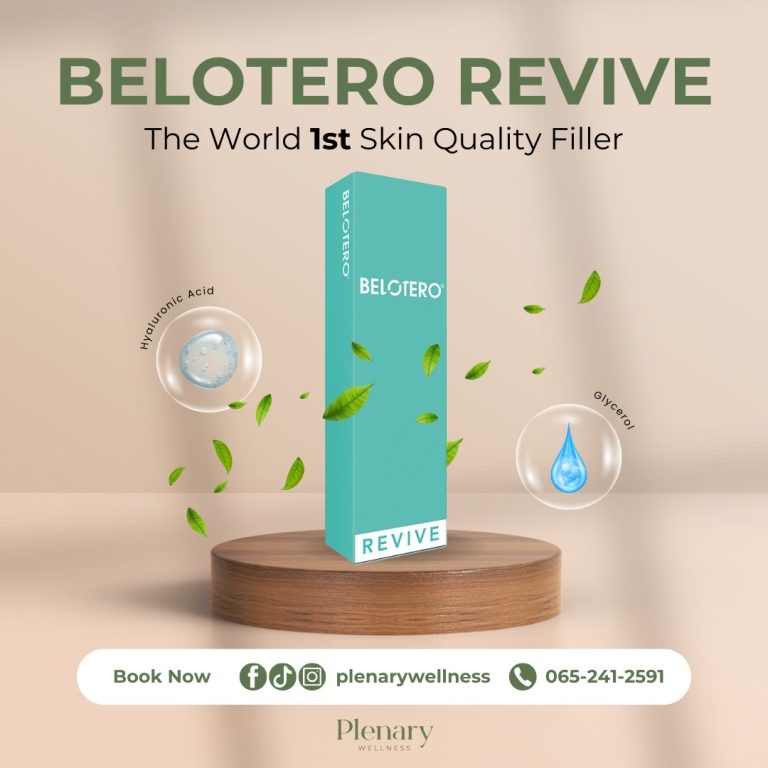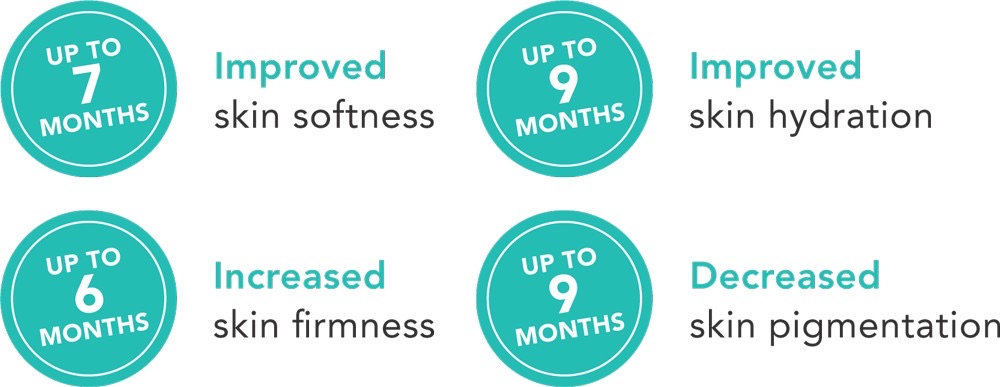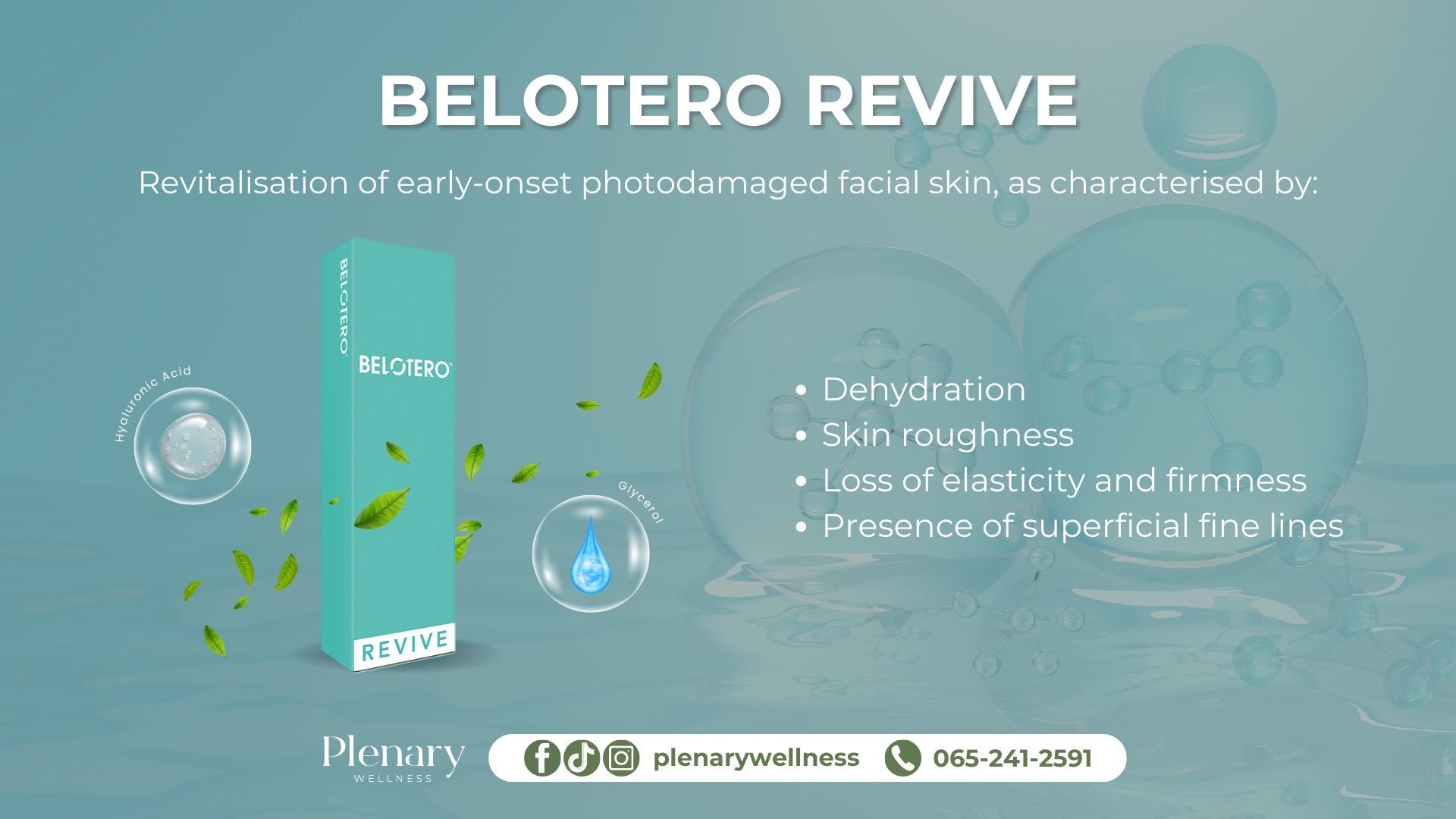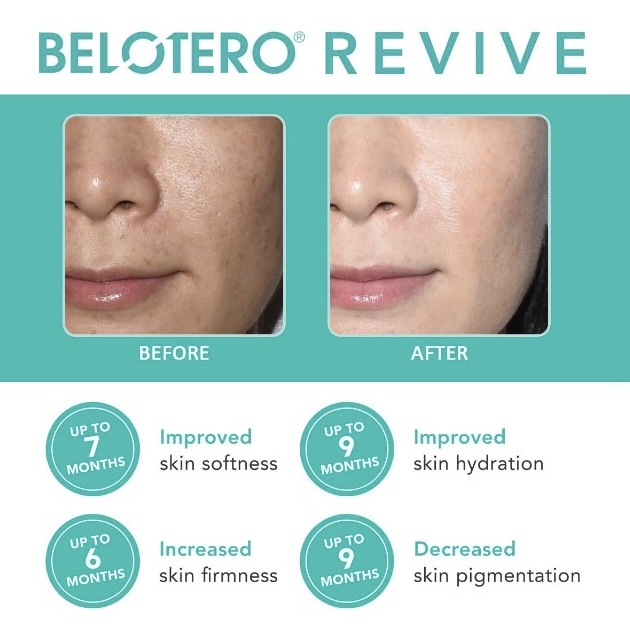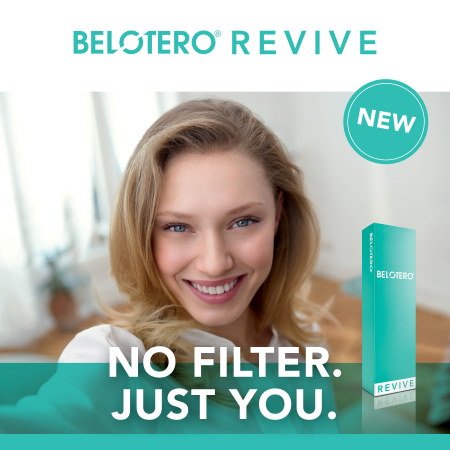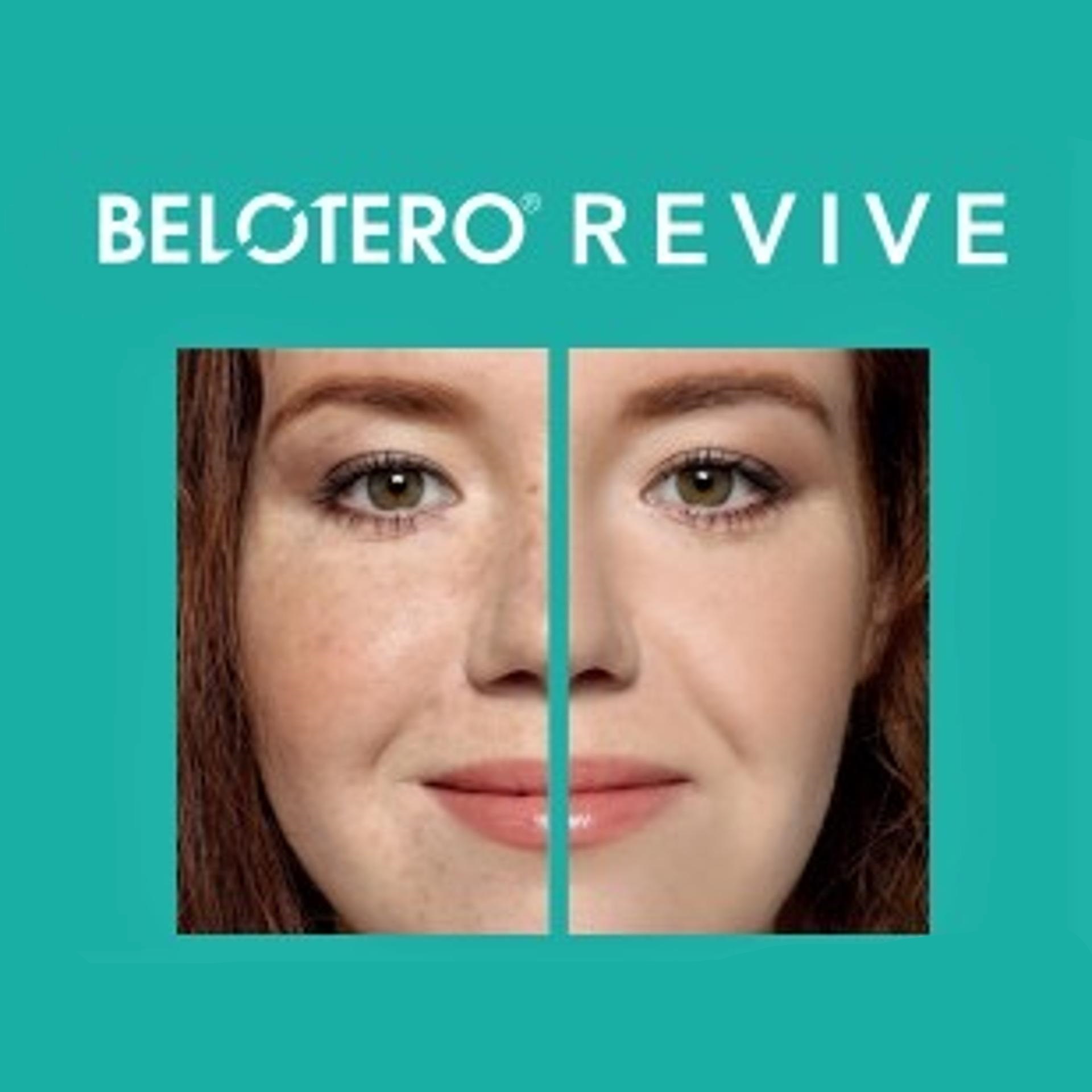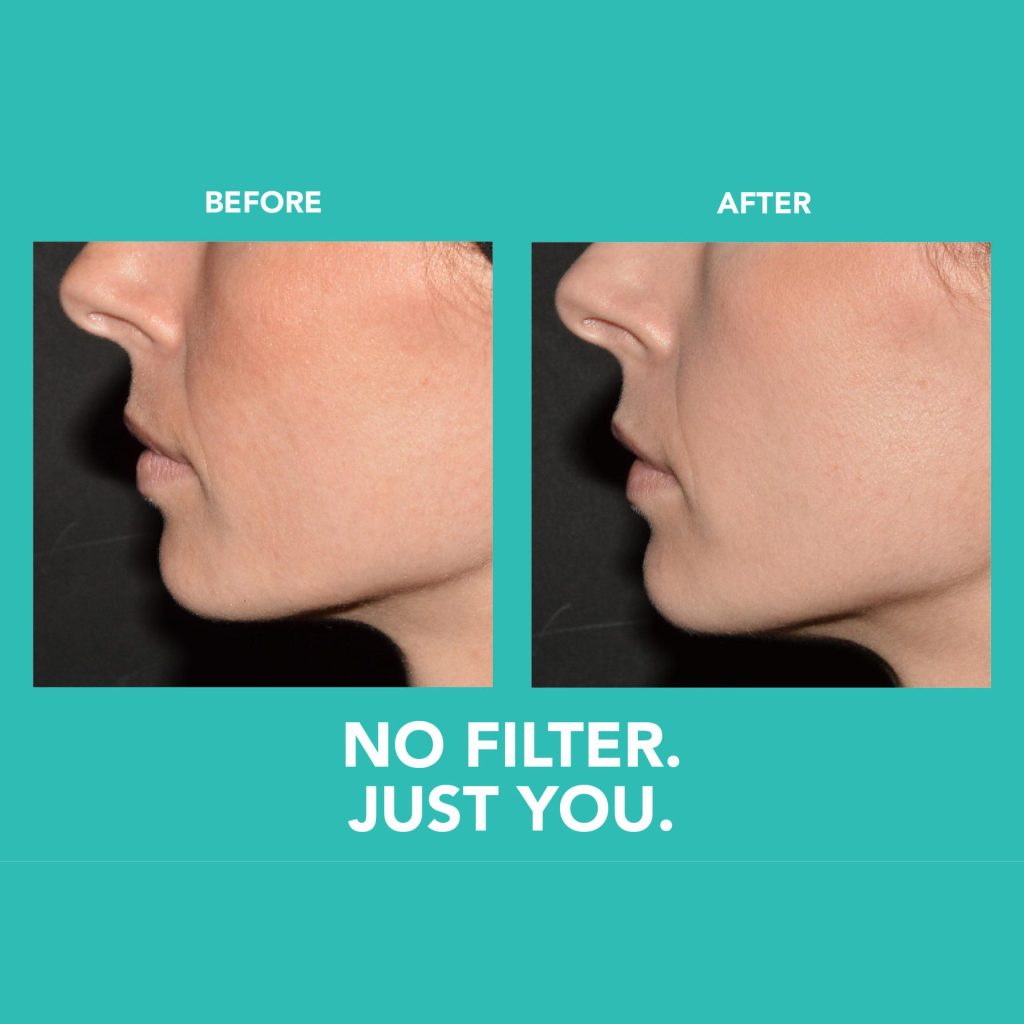Belotero Revive is generally considered safe and well-tolerated when administered by a qualified aesthetic doctor. However, there are contraindications and potential risks associated with the treatment that should be considered:
Side effects of Belotero Revive:
Bruising and redness: some patients may experience mild redness or bruising at the injection sites after the procedure. These side effects are usually temporary and resolve within a few days.
Infection: although rare, there is a small risk of infection associated with any injectable treatment. To minimise the risk of infections, it is advisable to seek treatment from a qualified and professional aesthetic doctor who follows strict hygiene protocols to ensure your safety.
Allergic reactions: while uncommon, allergic reactions to the product can occur. This is why a thorough consultation and skin test may be conducted before treatment.
Lumps or bumps: in some rare cases, small lumps or bumps may form at the injection sites. However, these can often be resolved with a massage or additional treatment.
Hypersensitivity: some individuals may experience hypersensitivity reactions, necessitating medical intervention.
Contraindications of Belotero Revive:
Pregnancy: most aesthetic procedures are typically not recommended for pregnant individuals due to the lack of safety data in such cases.
Allergies: patients with known allergies to hyaluronic acid or any of the ingredients in the product should not undergo this treatment, especially without a detailed consultation session with their doctor.
Active skin infections or inflammation: if you are suffering from infections, inflammation, or other skin conditions, it is advisable to postpone the treatment to avoid any adverse consequences.
Autoimmune disorders: individuals with certain autoimmune disorders should consult with their doctor before considering Belotero Revive, as it may not be suitable for them.
It is highly recommended to discuss your medical history, allergies, and any potential contraindications with a qualified aesthetic doctor. A skilled practitioner can provide a comprehensive assessment, address concerns, and minimise risks associated with the treatment.

